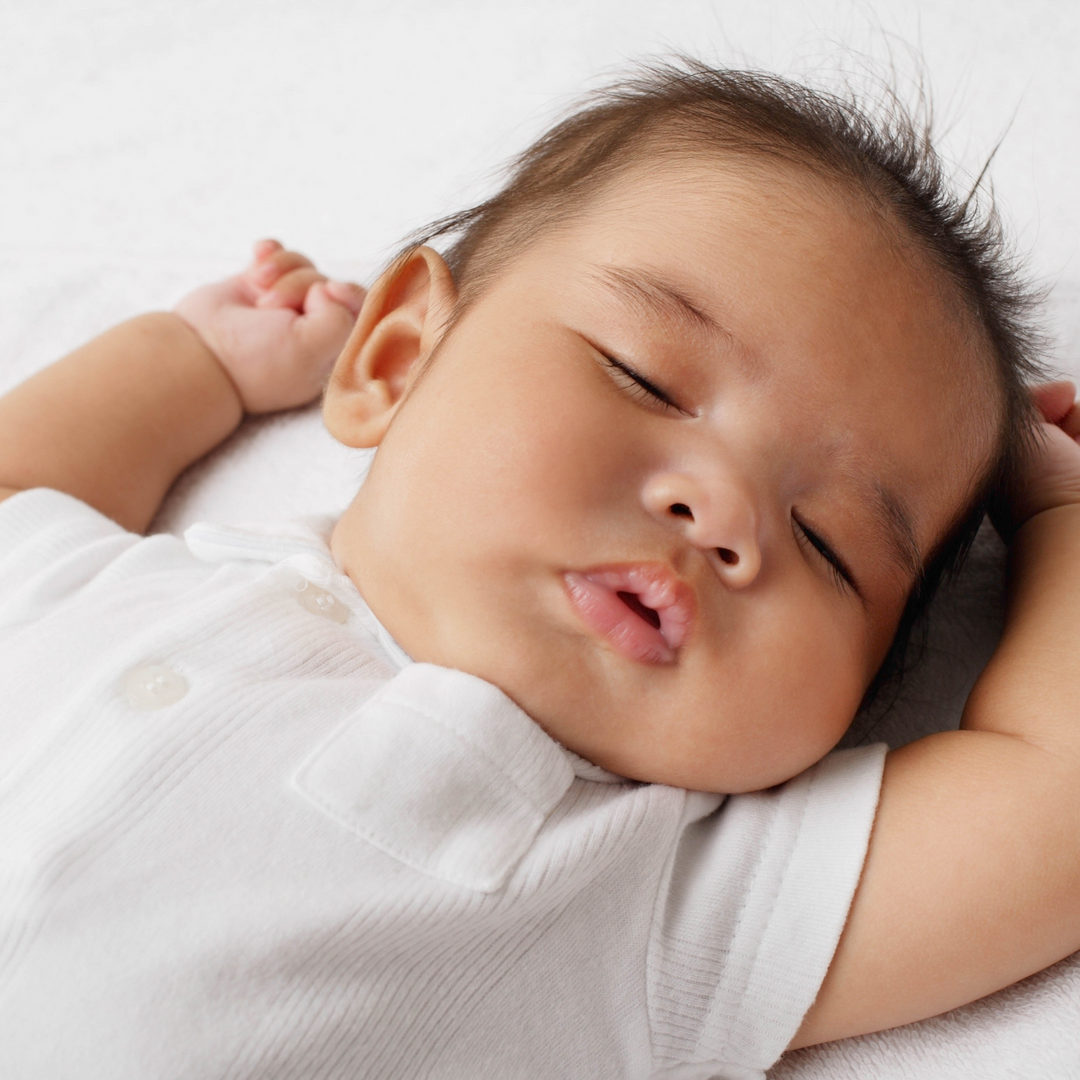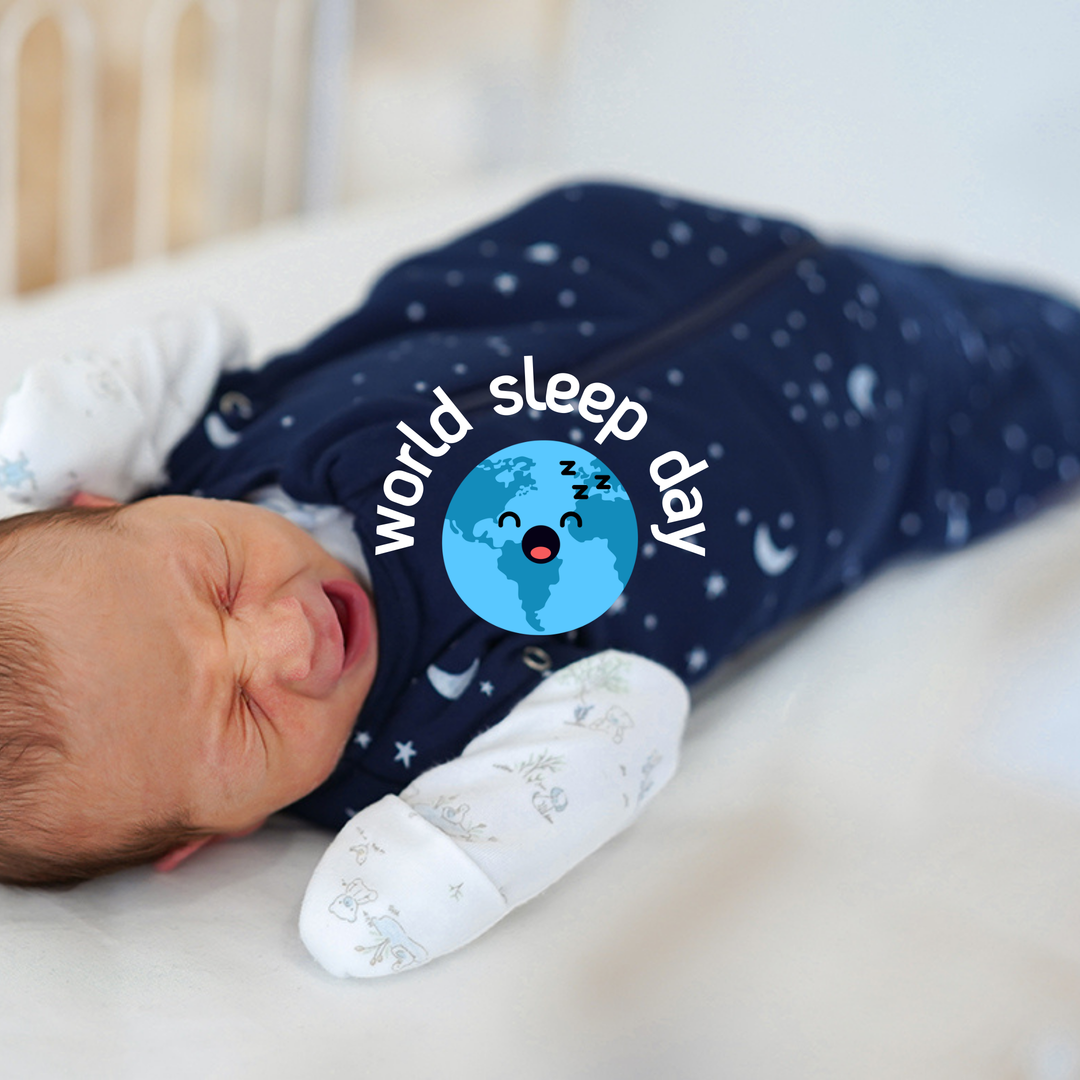Have you ever watched your newborn sleep and wondered, “What’s going on in their tiny mind?” From fluttering eyelids to adorable twitches, it’s natural to think they might be dreaming. But can newborns dream? While their sleep looks busy, the truth is fascinating—and not as straightforward as it seems.
Newborn Sleep Patterns
Newborns spend a significant amount of time in REM sleep—the stage most associated with dreaming. While adults spend about 20% of their sleep in REM, newborns spend up to 50%. If dreams occur in REM, it’s tempting to assume babies dream a lot.
However, dreaming as we know it requires imagination and the ability to visualize. Neuroscientists believe that newborns don’t yet have these skills. Instead, their REM sleep might help build brain connections and process sensory experiences from their early life.
Do Babies Have Nightmares?
What about nightmares? Babies often cry or fuss in their sleep, leading parents to worry they’ve had a bad dream. However, experts agree that babies don’t experience fear or nightmares because their brains aren’t developed enough to understand these concepts. Nightmares typically don’t begin until a child is at least 2 years old, when their imagination and understanding of fear become more active.
The Importance of Infant Sleep
Even if babies don’t dream like adults, their sleep is crucial for development. During REM sleep, their brains work hard to form pathways for language, motor skills, and emotional understanding. Sleep also allows babies to process the sensory experiences they’ve had during their waking hours.
Think of sleep as your baby’s way of organizing their growing mind. Every cuddle, sound, and movement they experience is being cataloged and processed while they rest.
How Dreams Evolve as Babies Grow
Dreams evolve as children develop. By the age of 2, toddlers might begin to experience basic dreams. These are often simple and static, like snapshots of animals or familiar faces. As they grow older:
- By age 5: Dreams become more complex, featuring movement and interaction.
- By age 7: Kids see themselves as main characters in their dreams.
- By age 9: Their dreams resemble those of adults, complete with detailed narratives and emotions.
This progression reflects their cognitive and emotional growth, as their ability to imagine and remember develops over time.
FAQs About Baby Dreams
Do newborns dream about their parents?
It’s possible that newborns experience sensations reminiscent of their parents, like the sound of their voice or the feeling of being held. However, they likely don’t visualize dreams as we do.
Why do babies twitch in their sleep?
Movements like twitches are part of the Moro reflex, a normal developmental stage. These actions aren’t linked to nightmares or bad dreams.
When do babies start dreaming?
Experts believe babies begin to dream around age 2, once they develop the ability to imagine and visualize complex scenarios.
How can I help my baby sleep better?
Creating a consistent sleep routine, using white noise, and ensuring a comfortable sleep environment can help your baby rest peacefully. Always consult your pediatrician if you have concerns about your baby’s sleep habits.
Do babies dream about being in the womb?
Some researchers think newborns might experience sensations from their time in the womb, such as the sound of a heartbeat or the feeling of being rocked.
Understanding what goes on in your baby’s mind during sleep is fascinating, even if much of it remains a mystery. While dreams may not yet be part of their slumber, their brain is working tirelessly to support their development. Treasure these early sleep moments—they’re the foundation for your baby’s incredible growth and learning journey!











